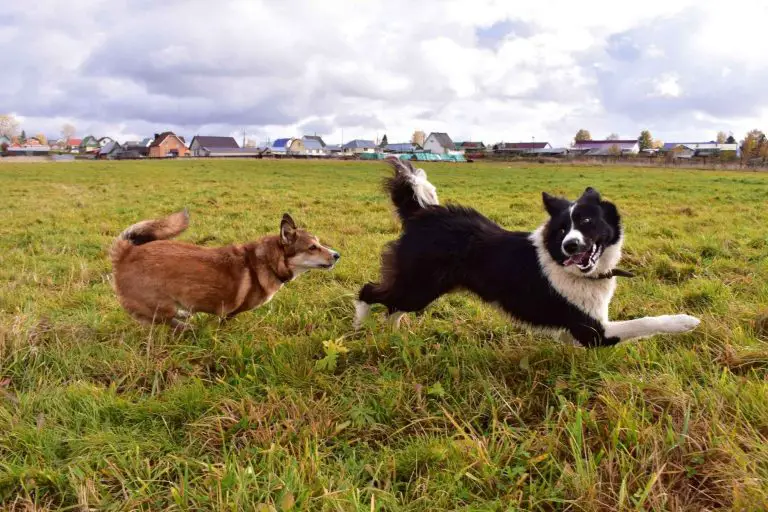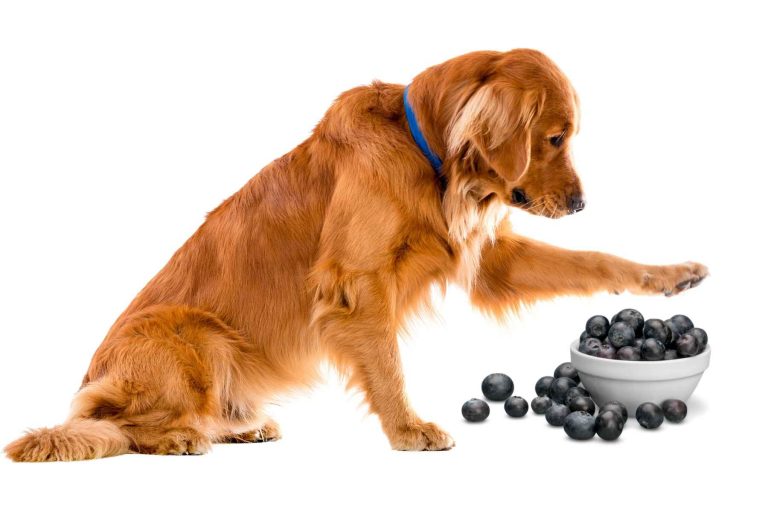Can Dogs Eat Cheese?

When your dog is a beloved member of your family, you want to treat them right, and even give them a few treats and surprises from time to time, often in the form of food they don’t often get to eat.
Unfortunately, dog’s have different biology than us, and even if they gobble up anything you give them, it might not be good for their health.
Cheese is commonly regarded as a food item that is safe to feed to dogs, and make no mistake, it is. However, just because you can provide it to your dog doesn’t necessarily mean it’s good for them or that you should do it regularly. There are a few things to consider if you want to give your dog cheese.
If you have been feeding your dog cheese regularly before now, don’t worry: it hasn’t done them any great harm so far, and that’s unlikely to change. Even so, you’ll probably want to take the things we are about to share with you into consideration next time you want to give your dog some cheese.
Can Dogs Eat Cheese?
Simply put, yes. Dogs can consume and digest cheese, and even derive beneficial nutrients and vitamins from it. That’s not to say that cheese is healthy for them, because there are many different types of cheeses and some are unhealthier than others, but generally speaking, cheese is a type of food dogs can eat without issue.
But like most types of food, for both dogs and humans, too much of a single thing is usually not good. For instance, cheese is typically pretty high in fat content, so if you were to feed your dog cheese with extreme frequency, this could contribute to weight gain and even obesity. But if you practice moderation, there’s no harm in most cases.
Should You Feed Your Dog Cheese? Is There a Good Reason To?
Just because you can do something doesn’t necessarily mean you should. You could feed your dog chocolate, but we all know how that goes. So, is there any valid reason to give your dog cheese, outside of making their tails wag? Well, an argument could be made for saying yes.
Cheese has some valuable nutrients in it, such as essential fatty acids, calcium, Vitamin A, protein, and B-complex vitamins, all of which dogs need. So there is technically some health benefit to giving your dog cheese, but on the other hand, you could provide your dog with those nutrients through other food types as well, including typical dog food.
That being the case, it’s certainly not vital to give your dog cheese. But cheese can serve as a valuable tool in interacting with your dog since most dogs find it quite tasty. Cheese makes an excellent training tool, serving as a reward treat for well-behaved dogs. It also makes a wonderful disguise for medication that your dog would normally refuse to eat.
However, it’s important to note that dogs, like humans, can be lactose intolerant. If you feed your dog cheese and it gets sick afterward, there’s a pretty good chance that this is the case. Unfortunately, even if a dog is lactose intolerant, it will probably pounce on cheese anyway, so it is up to you, the owner, to keep it away from them.
How Serious is Lactose Intolerance in Dogs?
Like humans, dogs can have varying degrees of lactose intolerance. Some will have a more severe case than others. The good news is that cheese tends to have a fairly low level of lactose, meaning dogs that have mild lactose intolerance can generally still eat cheese without suffering too much trouble.
That said, if a dog has severe enough lactose intolerance, even the small amount found in cheese could cause negative reactions, even in very small quantities. This could cause them severe intestinal issues. It’s usually a good idea to consult a veterinarian before adding cheese to your dog’s diet.
That said, if you’ve never fed your dog cheese before, watch them closely after the first time, for about a day or so. If they don’t have any unusual stomach problems during that time, they probably don’t have severe lactose intolerance. If they do, you may want to get that checked out at the vet.
Needless to say, if your dog does have severe lactose intolerance, then you shouldn’t feed them any type of cheese, even if you could. There are plenty of other things out there a dog would love to snack on, so don’t make them suffer needlessly for cheese, even if they’ll enjoy it at the moment.
Considering Different Types of Cheese
We’ve been considering cheese as one entity so far, but the truth is, there are many different types of cheese out there, and they are not created equal.
Most people would agree that bleu cheese and standard cheddar are a far cry from each other. Well, it’s important to take this into consideration when feeding your dog cheese as well.
After all, while cheese in and of itself is mostly safe for dogs, some cheeses have other ingredients in them that may not be safe. For instance, some cheeses contain herbs like chives, garlic, or onions, all of which are toxic to dogs. For obvious reasons, these are not cheeses you want to feed to your dog, though it’s not the cheese itself that will hurt them.
The best types of cheeses to feed to your dog include low lactose (in comparison to other cheeses) kinds like cottage cheese, or cheese that is low in fact and sodium, such as cottage cheese or mozzarella. Lower lactose cheeses reduce the risk of upset stomachs, while lower fat and sodium cheeses reduce the risk of obesity.
All in all, there are dozens of types of cheese out there, and some may be organic while others are made with less natural ingredients. Whenever you intend to share cheese with your dog, we recommend you take inventory of all of its ingredients and make sure that none of them are going to be a hazard.
Special Considerations for Unique Cheeses
One thing we’d also like to mention is vegan cheese, which is not actually cheese, but rather non-animal product ingredients made to imitate cheese.
Some people may assume that, since it’s not real cheese, vegan cheese is automatically safe for dogs to consume, but this is not the case, and there are some concerns to worry about.
Mostly, you just need to worry about the ingredients used to make the vegan cheese, as there are quite a few options out there. Most of it is safe for dogs, but a small number of them could contain toxic ingredients (to dogs, that is), such as macadamia nuts. Always read the ingredient list on vegan cheese very carefully.
Another unique member of the cheese family to take into account is cream cheese. Some people might not even classify this as cheese, but it is a variant and one that you should certainly not feed your dog. That’s because cream cheese is very high in fat content: much higher than most other cheeses. Feeding it to your dog greatly increases obesity risk.
Blue cheese is also one to keep away from dogs. It has a type of fungus in it that gives it the unique smell and flavor most people know, but that fungus is very bad for dogs and can cause extreme vomiting.
How Much Cheese Should You Give Your Dog?
Cheese should be considered a treat for your dog, not regular food. Even if they have no problems digesting it, it’s just not a great idea to make it a major part of their diet.
At most, you should only give your dog small, bite-sized pieces of cheese twice a day. Even then, once a day would be preferable.
Giving your dog more cheese than this isn’t guaranteed to cause problems, but you want to be careful about giving them too much anyway since they will come to expect such quantities. If you are really interested, there are cheese-flavored treats made especially for dogs out there.
Summary
Dogs can eat cheese, generally speaking. Some dogs are extremely lactose intolerant and cannot stomach cheese, but most dogs will be fine with it, provided you keep a few caveats in mind regarding what type of cheese you should give them.
Always pick a plain cheese with no herbs or spices, and preferably, choose one that is low in fat, sodium and lactose. This will reduce the risk of your dog gaining an unhealthy amount of weight or having a lactose reaction, which is a risk the older a dog gets (older dogs are less capable of digesting lactose than younger ones).
Always carefully check the ingredient list of any cheese you want to feed your dog. You never know what ingredients may be mixed in there. Do all of that, and your dog can certainly afford to eat some cheese every once in awhile: just be sure to keep it in moderation.






